1. Jane Fonda
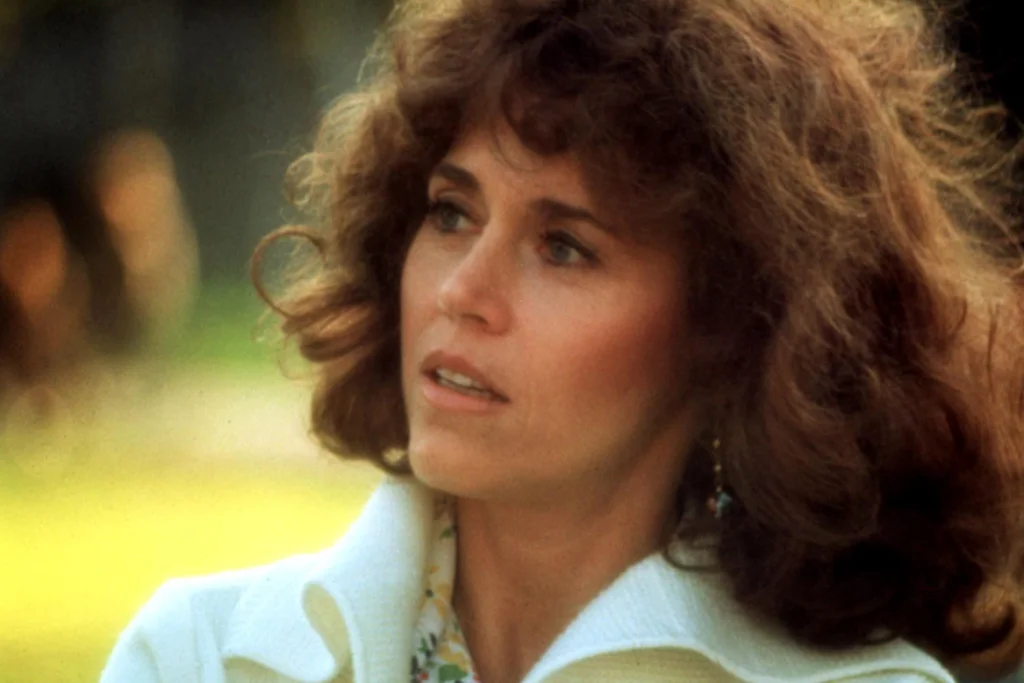
Jane Fonda may have dazzled audiences with her performances in Barbarella and They Shoot Horses, Don’t They?, but her influence stretched far beyond the silver screen. In the late ’60s and early ’70s, she became one of the most prominent voices in the anti-Vietnam War movement, even earning the controversial nickname “Hanoi Jane” for her outspoken opposition and high-profile trip to North Vietnam.
Despite the backlash, Fonda never backed down from her beliefs. She also threw herself into feminist activism, environmental causes, and later became a pioneer in the fitness world with her best-selling workout videos. Her ability to reinvent herself again and again, while staying politically engaged, is part of what’s made her legacy so enduring. For Fonda, celebrity was never the end goal—it was a platform. And she used it, loudly and unapologetically.
2. Sammy Davis Jr.
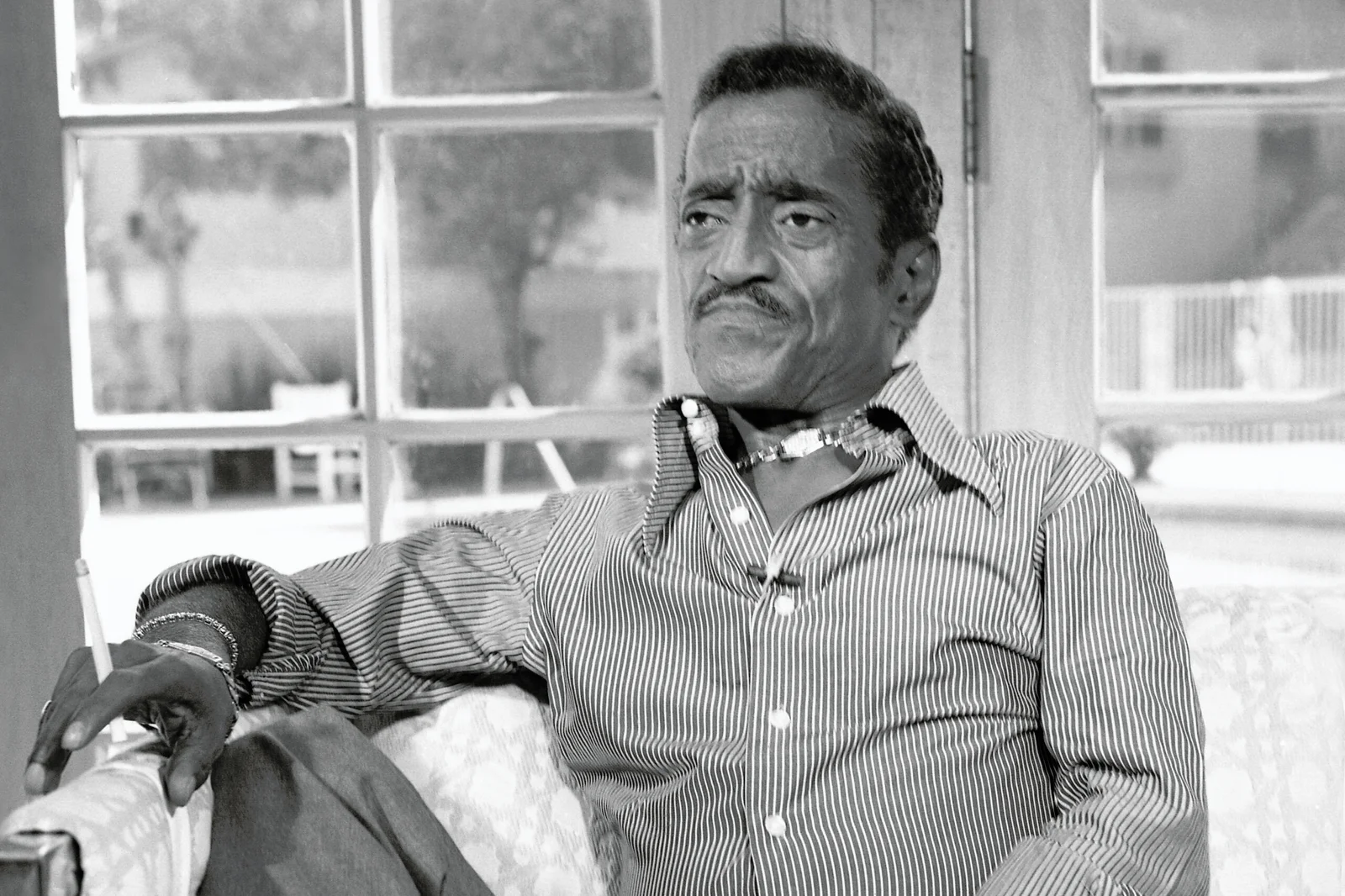
Sammy Davis Jr. wasn’t just a member of the Rat Pack—he was a trailblazer. As a Black entertainer in the ’60s, he broke through racial barriers in ways that weren’t always welcomed, especially in places like Las Vegas, where he performed in sold-out shows but couldn’t always stay in the hotel.
Davis was also deeply involved in the civil rights movement. He marched with Dr. King, used his fame to challenge segregation, and even took heat for his support of Richard Nixon later in life—showing he was never afraid to follow his own complicated path. His presence on stage was powerful, but his influence offstage was just as important. He forced Hollywood and America to confront their contradictions, all while dazzling with a song and a tap dance.
3. Shirley Temple
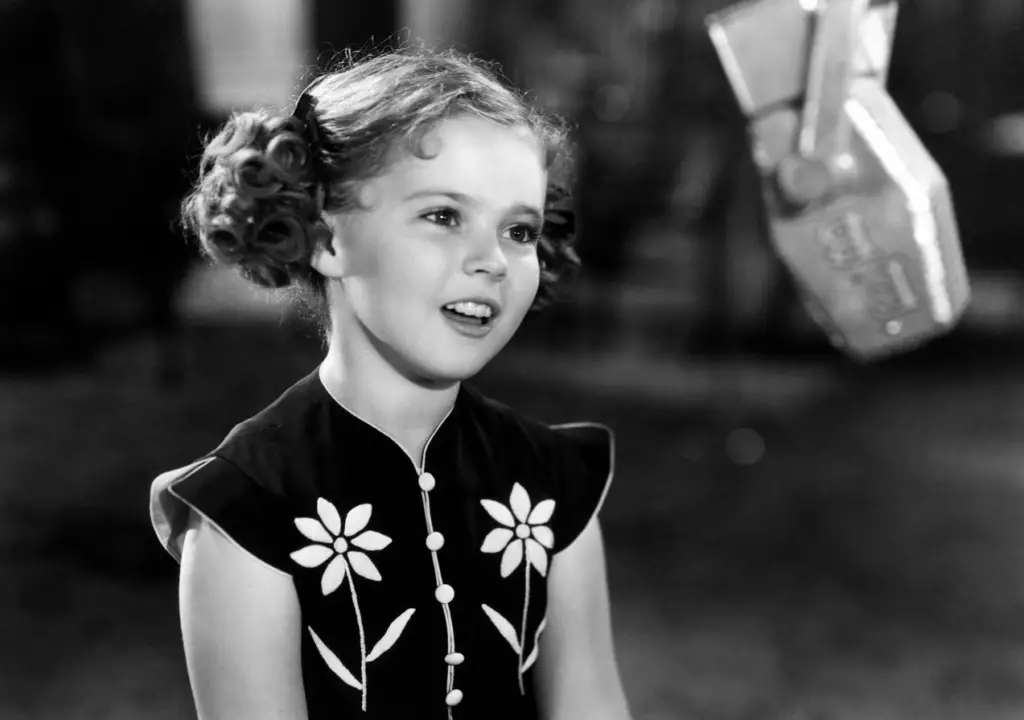
By the 1960s, Shirley Temple had already retired from acting, but she was just getting started in a very different career. The beloved child star of the ’30s and ’40s shifted gears and became a dedicated public servant and diplomat.
Temple was appointed to the U.S. delegation to the United Nations in 1969 and later served as Ambassador to Ghana and Czechoslovakia. Her poise and intelligence surprised those who only remembered her curls and dimples. She proved that fame at a young age didn’t define her entire life. Instead, she used her voice to foster global diplomacy and serve her country in a way few former actors ever have.
4. Harry Belafonte
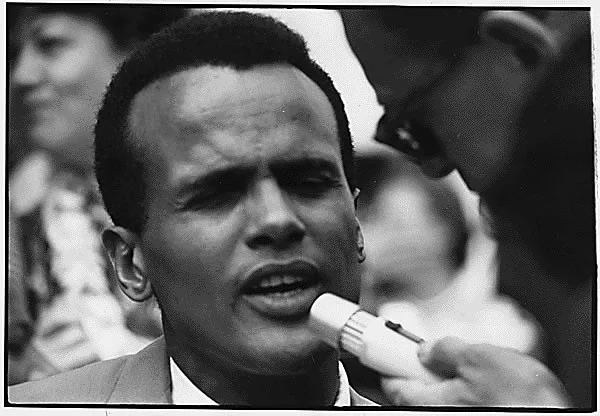
Harry Belafonte’s calypso hits made him a household name in the ’50s and ’60s, but music was only a fraction of his story. Offstage, he became one of the most committed and courageous activists of his generation.
He worked closely with Martin Luther King Jr., helping to fund civil rights initiatives and organize marches. Belafonte also advocated for global human rights, speaking out against apartheid in South Africa and serving as a UNICEF goodwill ambassador. While some entertainers kept politics at arm’s length, Belafonte leaned in, often at the risk of his own career. He believed his fame gave him a duty to fight for justice, and he never stopped doing just that.
5. Marlo Thomas
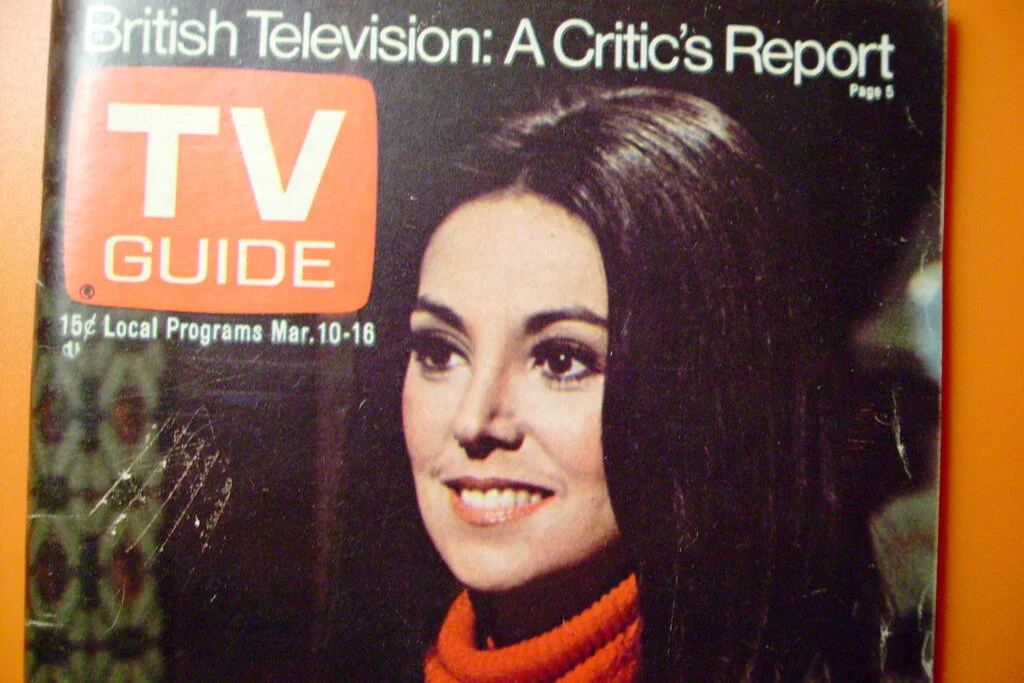
Marlo Thomas made her mark on television with That Girl, playing one of the first single, independent women on prime-time TV. But her most lasting legacy might be the work she did after the cameras stopped rolling.
In the 1980s, she helped launch the “Free to Be… You and Me” project, which became a cultural phenomenon that challenged gender stereotypes for children. But even earlier, she devoted her time and energy to supporting St. Jude Children’s Research Hospital, the organization her father, Danny Thomas, founded. Over the years, she’s become a tireless advocate for children’s health and well-being. Thomas used her visibility to push for progress and compassion, always keeping others at the center of her mission.
6. Paul Newman
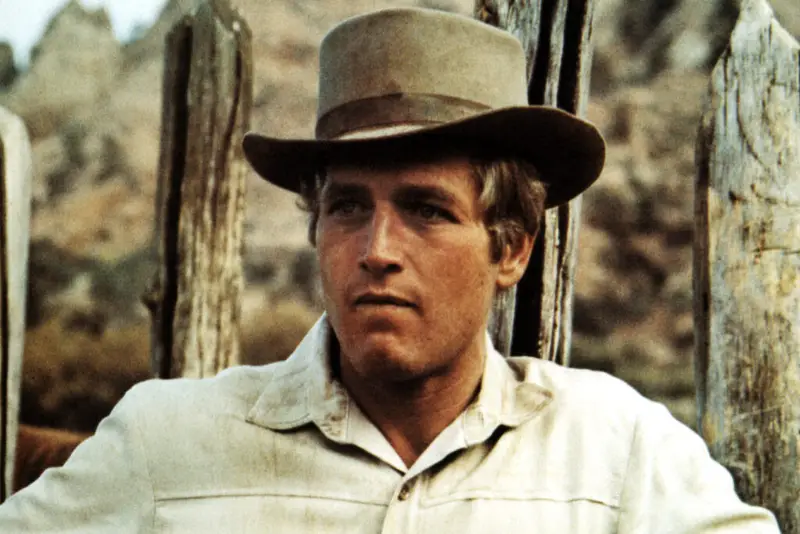
With those piercing blue eyes and undeniable charm, Paul Newman could’ve coasted on his looks and talent alone. But instead, he used his success to give back in ways that truly mattered. In 1982, he co-founded Newman’s Own, a food company that donates 100% of its profits to charity.
Newman’s philanthropy eventually raised hundreds of millions for causes ranging from childhood education to environmental protection. He also founded summer camps for seriously ill children, offering them joyful experiences at no cost. All of this while continuing to act and race cars on the side. Newman showed that being a superstar wasn’t about ego—it was about using your influence to do something good.


